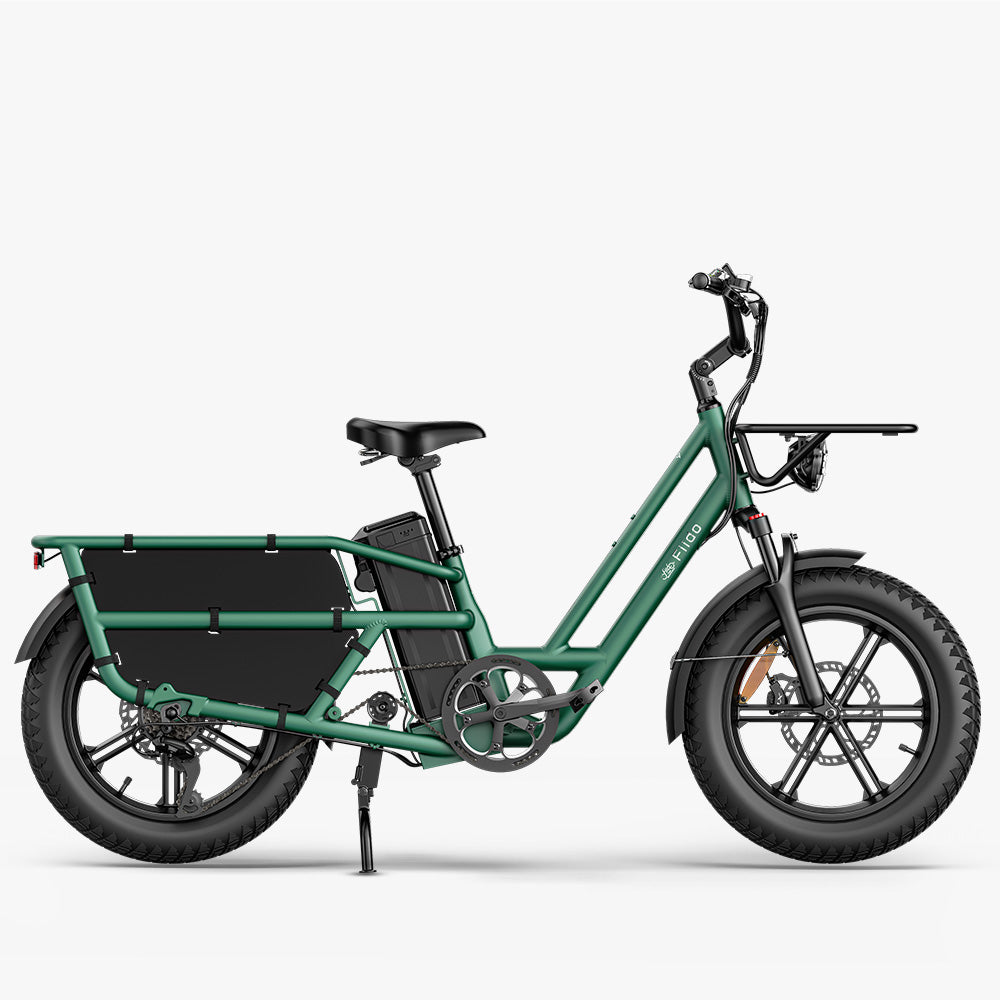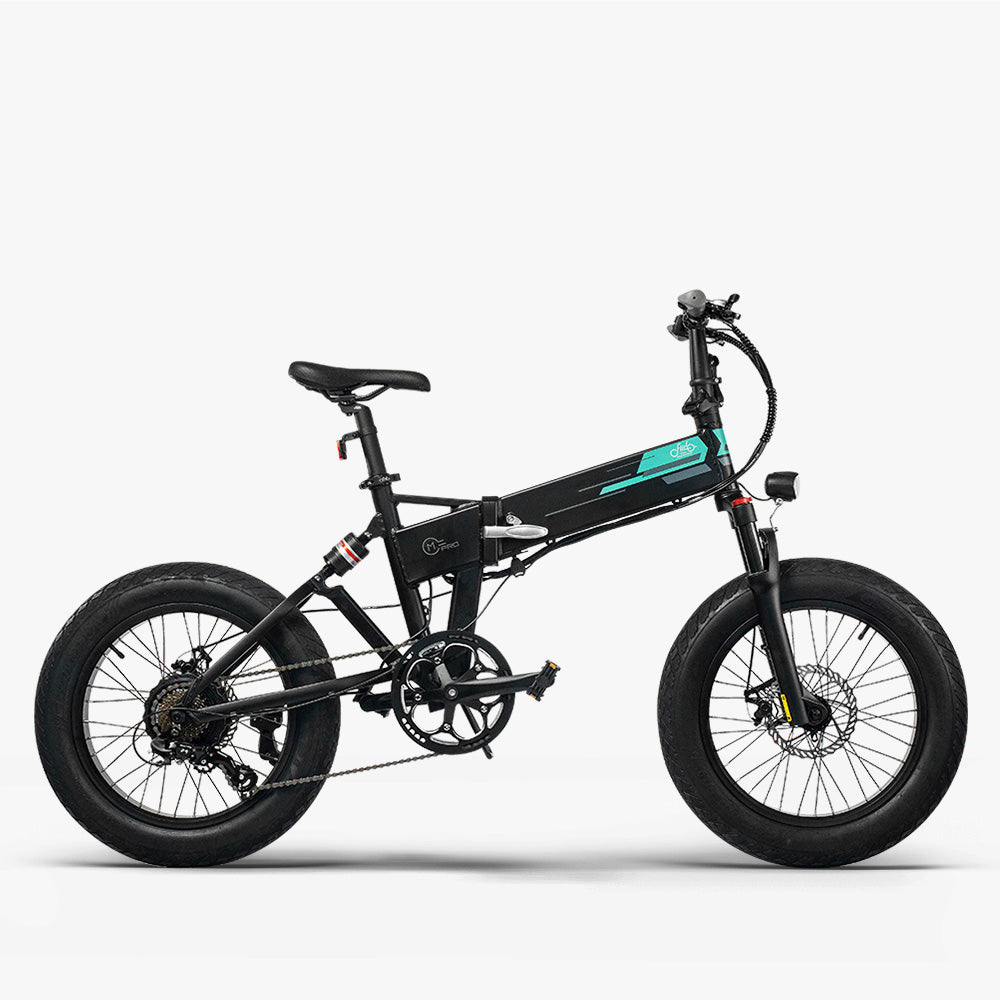If you've been considering an electric bicycle as the ideal solution for your transportation needs, you might be wondering, “Will Medicare help pay for this?” The short answer is: “No, Medicare generally does not cover electric bicycles.” But don’t worry; let’s explore why this is the case and what other financial options you have.
What is Medicare
Medicare is a federal health insurance program primarily designed to assist older adults and certain individuals with disabilities in managing their medical expenses. While this program does support certain mobility devices, electric bicycles are not included in its coverage.
What Does Medicare Typically Cover
Under Medicare Part B, durable medical equipment (DME) such as wheelchairs and walkers is included, and sometimes even powered scooters. These devices are deemed “medically necessary” and are intended to help individuals with mobility issues due to illness or injury move around at home or in the community.
However, Medicare has strict standards for coverage. First, the equipment must be considered medically necessary, must be prescribed by a doctor, and must be primarily used for treatment purposes. Therefore, wheelchairs and walkers meet these criteria, as they are essential tools for many individuals with mobility challenges to carry out daily activities.
In contrast, while folding electric bicycles can significantly enhance mobility and independence, they are typically viewed as recreational or lifestyle tools rather than medical necessities. In other words, Medicare is more likely to categorize them as fitness equipment rather than actual medical support devices.
| Device | Medicare Coverage |
|---|---|
| Manual Wheelchair | Yes |
| Power Wheelchair | Yes |
| Mobility Scooter | Yes |
| Electric Bike | No |
Why Are Electric Bicycles Not Covered by Medicare
-
Purpose of Medicare: The primary goal of Medicare is to provide necessary medical services and treatments to help older adults and individuals with disabilities manage health issues. Electric bicycles are seen as a mode of transportation rather than a medical device, thus failing to meet Medicare's coverage criteria.
-
Classification Standards: Medicare only covers specific types of medical equipment and assistive devices, such as wheelchairs, walkers, and other items deemed medically necessary. Electric bicycles do not fall under these categories, as they are perceived as convenient transportation tools rather than medical devices.
-
Lack of Clinical Necessity: Although electric bicycles can improve the quality of life for some, there is insufficient clinical evidence to demonstrate that they are necessary for treating specific medical conditions. This has led to their exclusion from Medicare coverage.
-
Cost and Policy Limitations: Electric bicycles are relatively expensive, and the associated policy and funding issues are complex. Medicare plans typically have limited funding, prioritizing medical services and devices that directly impact health outcomes.

Potential Future Policy Changes
Healthcare policies are constantly evolving, and changes may occur in the future. Some advocates are pushing for the inclusion of electric bicycles in Medicare coverage, arguing that they have positive effects on health and mobility. This could lead to adjustments in related policies down the line.
To stay informed about the latest Medicare updates, it’s recommended to check the official Medicare website and communicate with relevant staff for more information.
Alternative Financing Options
You may be thinking, “I don’t want a scooter; I just want an electric bicycle!” This is entirely understandable. Electric bicycles offer independence and speed that other devices cannot match. Since electric bicycles are not covered by Medicare, many people may feel disappointed. Fortunately, there are still other financing options available to help individuals pay for electric bicycles. Here are some feasible choices:
-
Private Insurance Plans: Some private insurance may cover electric bicycles, depending on specific policy details. It’s advisable to contact your insurance company to inquire if electric bicycles are included in your plan. Some plans may cover adaptive devices, and electric bicycles might meet the criteria for such products.
-
Make sure to understand if you need to provide a doctor’s prescription; some insurance companies may require this documentation to prove the medical necessity of the electric bicycle. Familiarizing yourself with all requirements can help reduce the risk of claim denial.
-
State Assistance Programs: Different states may offer various assistance programs to help individuals with mobility issues. Some states provide grants or subsidies that can be used to purchase electric bicycles.
It’s advisable to visit your state’s health department website to find information about support programs for assistive devices. If eligible, apply as required and include the necessary documentation to improve your chances of success.
Electric Bicycle Options for Seniors
When choosing an electric bicycle, seniors should consider key factors to ensure comfort and safety while riding. It’s recommended to choose a fat-tire, sturdy electric bicycle with long battery life.
Fiido T2
The Fiido T2 Fat Tire Electric Bike is a stylish fat tire electric bicycle with wide tires that provide excellent stability and comfort, especially on bumpy city roads. Its powerful battery ensures long-range riding, minimizing the need for frequent charging, making it a safe option for seniors.
Fiido T2 Longtail Cargo E-bike
Multifunctional, family-friendly cargo ebike with endless possibilities.
Fiido M1 Pro
The Fiido M1 Pro Folding Electric Bike is a portable folding electric bicycle that is easy to store and carry, perfect for those who frequently use public transportation. With an efficient motor and long-lasting battery, it offers a smooth and comfortable riding experience, ideal for seniors seeking convenient travel options.
Fiido M1 Pro Fat Tire Electric Bike
The most cost-effective fat tire ebike for off-road adventures.
Conclusion
In summary, Medicare does not currently cover electric bicycles, but that doesn’t mean you don’t have options. Whether choosing a Medicare-covered scooter or wheelchair or finding alternative ways to realize your electric bicycle dreams, it’s important to identify the best solution for your needs.
While electric bicycles are not considered "medically necessary" by Medicare, if they are crucial for improving your quality of life and maintaining your vitality, there are still ways to make your dream a reality. Don’t give up; explore all possible options and find the best solution for you. The freedom of mobility should not be out of reach, whether through private insurance, local programs, or charitable organizations.
If you have more questions about electric bicycles or Medicare, don’t hesitate to consult professionals who can provide detailed advice and assistance.
Frequently Asked Questions
Does Medicare pay for electric bicycles for seniors?
No, Medicare does not cover the cost of electric bicycles for seniors because, according to Medicare regulations, electric bicycles are not considered medically necessary equipment.
Does insurance cover electric bicycles?
This depends on your insurance plan. Some private insurance companies may offer coverage for electric bicycles, but this is not common.
Are electric bicycles suitable for seniors?
Yes, fat tire electric bicycles are well-suited for seniors looking to stay active, enhance mobility, and enjoy outdoor activities. However, it is crucial to assess individual health conditions and safety before riding.















